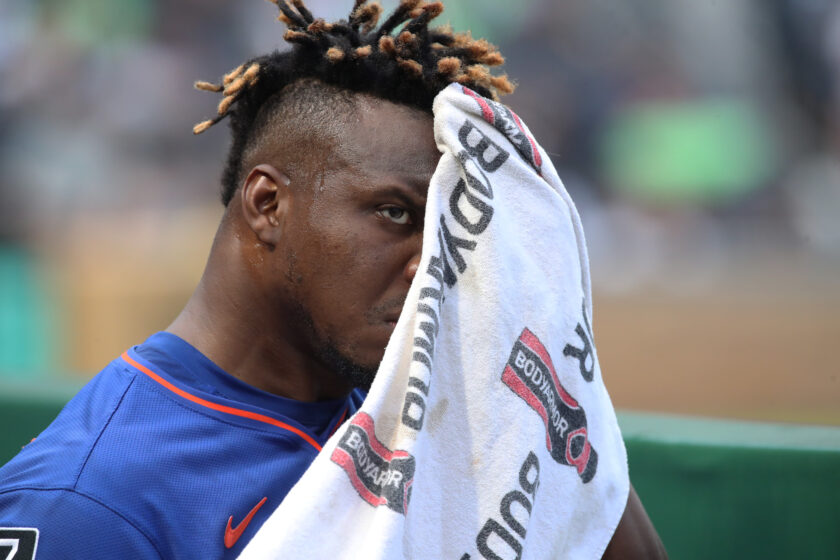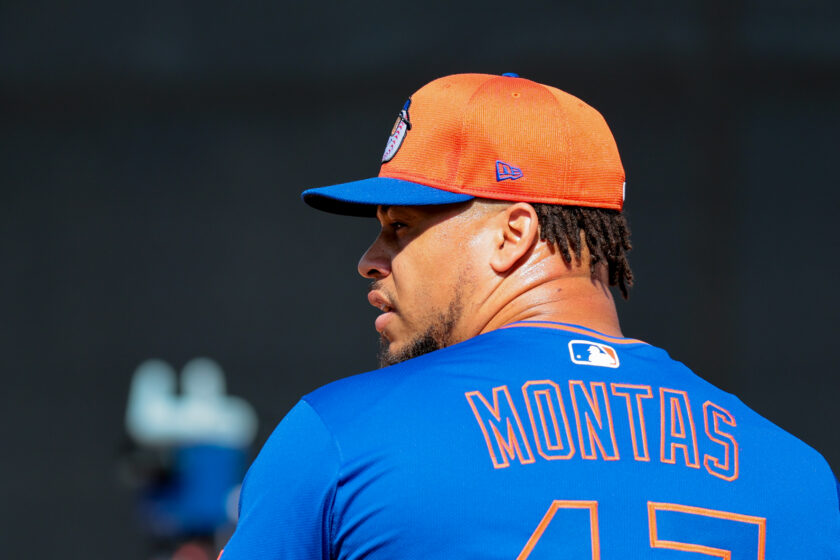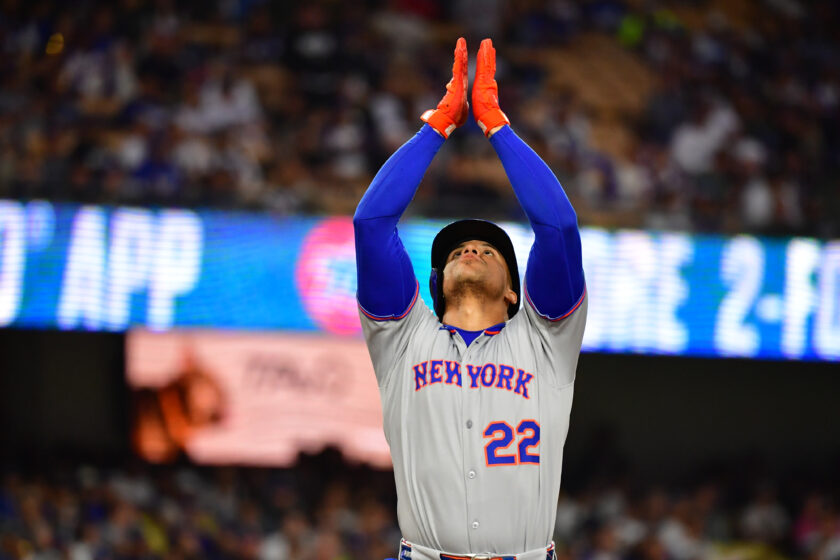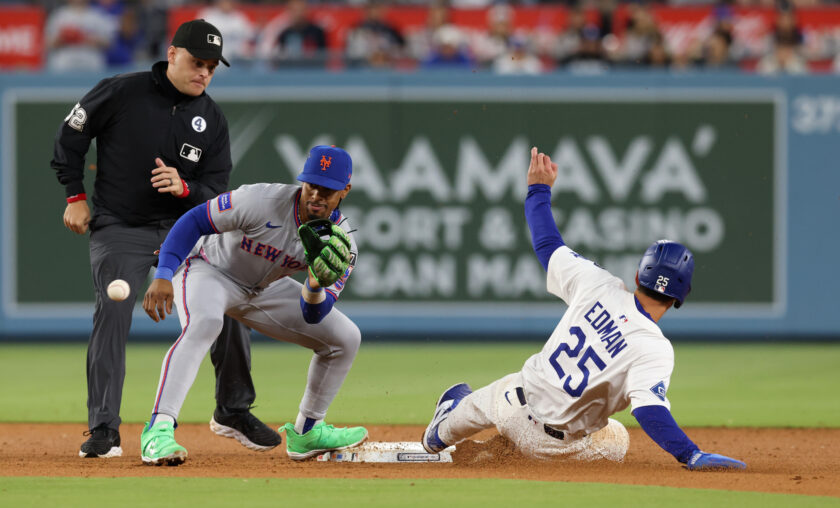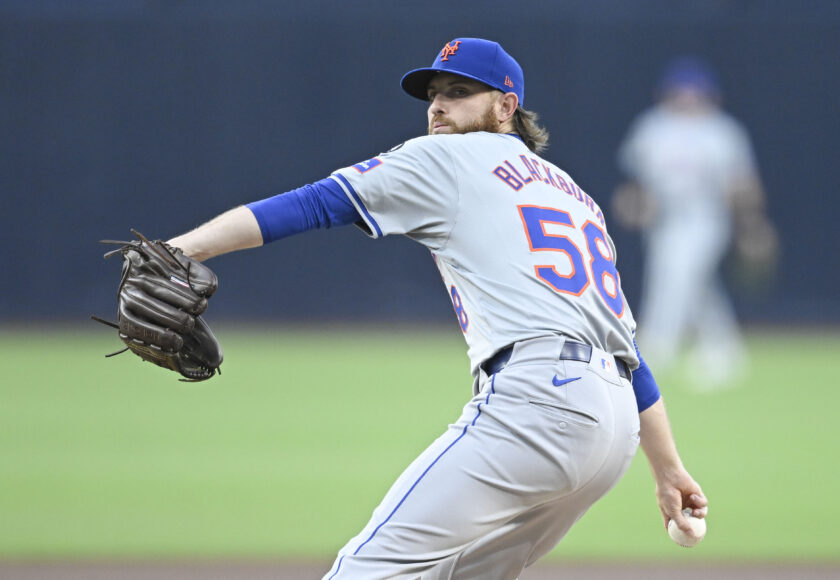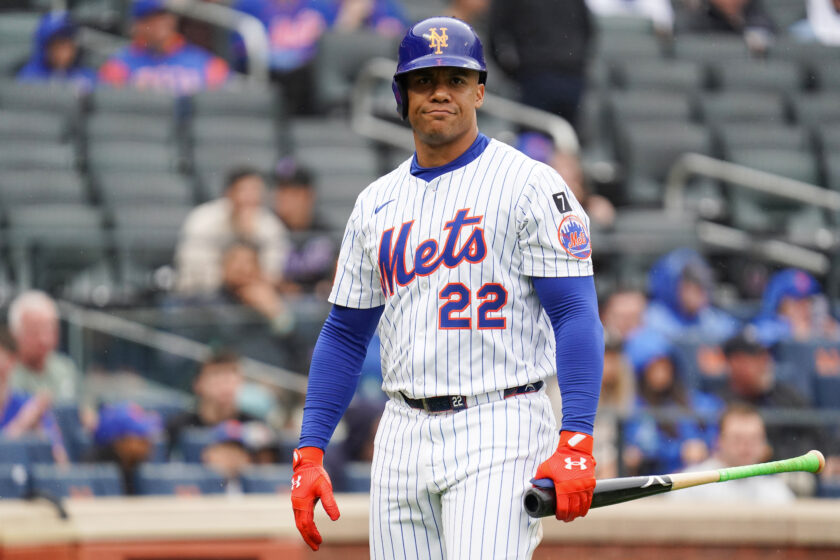The New York Mets Have Found Their Second Baseman In T.J. Rivera
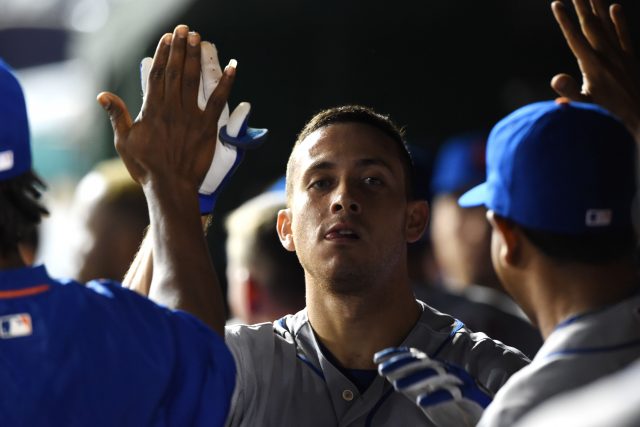
While it’s still early, the feistiness and pure hitting of T.J. Rivera has many believing he’s the New York Mets future second baseman.
Daniel Murphy? A Washington National. Dilson Herrera? A Cincinnati Red. Neil Walker? A Free-Agent.
Second base has been one of the most troubling positions for the Mets to fill in recent history. In 2011, Daniel Murphy took over the job, but despite his offensive prowess, the Mets have always been looking for a true second baseman.
The Mets thought they found their man of the future in 2013 when they acquired Dilson Herrera in a deal that sent John Buck and Marlon Byrd to the Pirates.
Herrera had very little to success in his small cup of tea with the Mets, and they ultimately moved on, trading him in the deal for Jay Bruce at the deadline.
Daniel Murphy is gone too, but you already knew that. Murph signed with the Nationals this offseason, as the Mets deemed him too expensive and old for a long-term commitment.
The Mets have watched Murphy absolutely tear up the National League this season, putting his name into the MVP discussion. The Mets replacement for Murphy, Neil Walker, was plenty good before going down with a back injury, with 23 home runs, 55 RBI and a .282/.347/.476 slash.[sc name=”Mets Center Right” ]
Walker is a Free-Agent this offseason, and if the Wilpons were too cheap to pay for Yoenis Cespedes and a premiere second basemen last offseason, what would make one think they have gained any more financial flexibility?
Walker has been great, but it it’s going to continue to be one or the other, the Mets must choose Cespedes.
Here’s the rub: If the Mets move on from Walker, they are not left with a hole at second. The Mets may have finally found their second baseman, and his name is T.J. Rivera.
In 29 games, mostly after Neil Walker’s season-ending injury, Rivera has been absolutely amazing at the plate. He has hit .349/.362/.488 with three home runs and 14 RBIs in 86 at-bats.
Rivera has been known as a hitter throughout his minor-league career, even winning the PCL batting title in Las Vegas this year.
Rivera can play all four infield positions, but his defense at second is proving to be plenty capable of consistent playing time in the center of the diamond. In 134.2 innings at second in the bigs, Rivera has yet to make an error.
An attempt to solidify the defense up the middle was a key factor in the Mets defense to move on from Murph. Who can forget the ball rolling under his glove in World Series Game 4, ultimately leading to a Mets loss?
With Rivera, the Mets get an excellent bat, a solid defender, and versatility. Rivera’s versatility is another attractive feature the Mets have tended to look at. The Mets want guys who can shift around should there be significant injuries around the diamond, and T.J. fits that mold.
Rivera, a Bronx native, has come a long way since going undrafted out of Troy and may have played his way into the Mets’ future plans with his amazing September performance.
[sc name=”Mets Link Next” link=”elitesportsny.com/2016/09/28/do-not-underestimate-the-expected-new-york-mets-postseason-rotation/” text=”Don’t Underestimate The Mets Expected Postseason Rotation” ]High School Junior on Long Island. Previously followed the Mets and Major League Baseball. Occasionally found giving my insight on B1G and Penn State Football.

